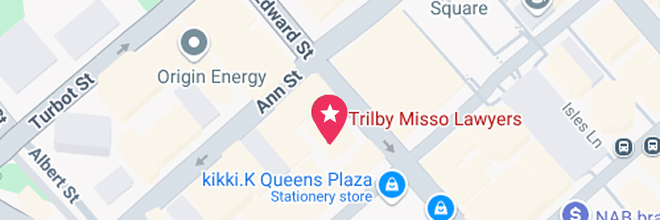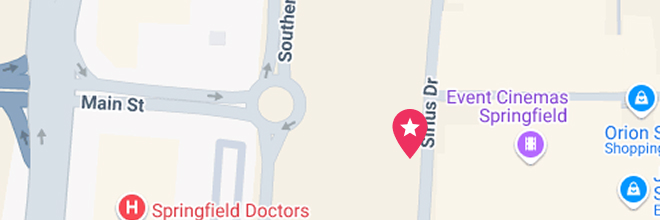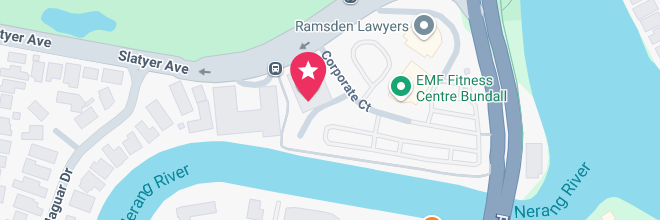Our Brisbane CBD Office
- Suite 400, Level 4/288 Edward St, Brisbane City QLD 4000
- (07) 3910 5470




Suffering an injury, whether it’s from a car accident, a workplace mishap, or a public incident, can have a profound impact on your life. Not only are there the physical challenges of recovery, but emotional and psychological hurdles can often feel just as overwhelming. For many, the road to recovery can be long and fraught with frustration, isolation, and confusion. It’s easy to feel as though you’re navigating this journey alone, but the reality is that there are many resources available to help you cope, one of the most important being support groups.
Support groups bring together people who are going through similar experiences, allowing them to share their stories, exchange advice, and provide emotional comfort to one another. Whether in person or online, support groups can help injury victims regain a sense of community, gain perspective on their situation, and find the encouragement they need to continue their journey towards recovery. This blog will explore the different types of support groups available to injury victims, how to find one near you, and the invaluable role they play in the recovery process.
Dealing with the aftermath of an injury is not just about physical healing; it’s also about addressing the emotional toll. Victims of accidents, whether they’re dealing with a car crash, a fall at work, or a public liability incident, often experience feelings of isolation, frustration, and hopelessness. These emotions are a natural response to the trauma of an accident, but they can also hinder the recovery process, making it harder for victims to focus on rehabilitation and moving forward.
Support groups offer a lifeline in this regard. They provide a space where injury victims can connect with others who understand their struggles, share coping strategies, and gain emotional support. The psychological benefits of being able to talk to someone who “gets it” cannot be overstated. It is not uncommon for victims to feel alone in their journey, but support groups break down that barrier, fostering a sense of solidarity and shared experience.
Moreover, many support groups offer practical advice on dealing with the logistics of recovery. This might include navigating the complexities of the compensation claims process or learning how to access various health services, such as physiotherapy or counselling. This combination of emotional and practical support makes joining a group a pivotal step towards holistic recovery.
Support groups come in many forms, each offering its own unique benefits. The type of group you choose should depend on your individual needs, whether you prefer an informal, peer-led group or a more structured, professional setting. Here’s an overview of the different types of support groups that can assist injury victims:
These groups are typically made up of individuals who have experienced similar injuries or life-changing events. Peer support groups are informal and are usually focused on providing emotional support. Members of these groups understand firsthand the struggles that come with being injured, and they provide a safe, empathetic environment where people can share their experiences, frustrations, and triumphs.
Peer-led groups are great for those who want to talk to people who have lived through similar situations. The advice shared in these groups often includes personal recovery tips, insights into rehabilitation, and moral support for overcoming the challenges associated with injury recovery.
These groups are often led by therapists, psychologists, or other health professionals. They are more structured than peer support groups and focus on helping members manage the psychological effects of their injuries. Professional support groups are especially beneficial for injury victims who are dealing with anxiety, depression, or other mental health issues stemming from their accident.
In these settings, participants learn coping mechanisms, stress management techniques, and strategies to deal with the emotional rollercoaster that comes with injury recovery. If you’re struggling to deal with the psychological impact of your injury, a professional group may be the best fit.
In the digital age, many support groups now meet online. These virtual communities are an excellent option for those who may not have access to in-person groups, especially in rural or remote areas. Online groups also provide the flexibility of participating from the comfort of your own home, making it easier to join if you’re dealing with mobility issues or severe injuries.
Most online groups are moderated to ensure respectful and supportive communication. Many of these groups operate on social media platforms, discussion forums, or dedicated websites, making it easy to find a group that fits your needs.
Locating a support group that aligns with your needs might seem overwhelming at first, but there are a variety of resources you can tap into to make the search easier.
Hospitals, rehabilitation centres, and even your local GP can often recommend reputable support groups. They may have partnerships with local community organisations or a list of resources specifically aimed at injury victims. Don’t hesitate to ask your doctor or healthcare provider for recommendations during your treatment or rehabilitation process.
There are numerous websites dedicated to listing support groups for all types of conditions and injuries. Some sites allow you to search by location, injury type, or group type. For example, the NDIS website has listings for local support groups, while directories like Support Groups Australia can also help you find relevant groups nearby.
Personal injury lawyers are often familiar with support groups available for injury victims, as they work alongside medical professionals and rehabilitation experts. Law firms, like ours, can refer you to appropriate support services, whether you’re looking for emotional support or practical advice related to your compensation claim.
Many local community organisations, such as charity-run foundations or sports organisations, offer injury-specific support groups. Reach out to charities that deal with specific injuries, such as brain injury organisations, spinal injury associations, or burn victims’ foundations.
Being part of a support group offers many emotional and practical benefits. It’s not just about talking to people who understand your situation; it’s about gaining tools and strategies to move forward in your recovery.
In a support group, you’re surrounded by people who truly understand the ups and downs of recovering from an injury. These shared experiences foster a sense of belonging and empathy, helping you feel less isolated. Talking about your feelings with others who have faced similar situations can provide emotional relief and a sense of validation.
Support groups often provide valuable tips on managing your recovery, dealing with medical bills, or understanding how the compensation claims process works. You’ll find that many group members have already navigated the same hurdles, and their advice can help you avoid common pitfalls.
Recovery can be slow and frustrating, but hearing success stories from others in your group can inspire you to stay positive. Many groups include members who have made significant progress, which can give you hope for your own recovery.
Support groups play a vital role in the recovery process for injury victims. They offer not just emotional support but also practical advice and motivation to help individuals navigate both their physical and emotional healing. If you’re dealing with the aftermath of an injury, consider reaching out to a support group near you. Whether it’s a peer support group, an online community, or a professional therapy group, the sense of connection, empathy, and shared experience can be invaluable in your recovery journey.
If you’re not sure where to start, your healthcare provider, lawyer, or local community centre can help you find the right group to suit your needs. Remember, you’re not alone, and support is just a conversation away.
Find out more about resources and support in our blogs.
Kathryn is Trilby Misso’s Chief Executive Officer.
Meet KathrynUse this simple online tool and find out if you have a claim in less than thirty seconds. You can choose to remain anonymous.
Your next step is a small one. All you need to do is give us a call on 07 3910 5470 or complete this form here to arrange a quick chat.
During this initial conversation, we will:

We understand that taking legal action can be stressful, and we’ll do all we can to ease your concerns.
The chat can take place at our place, your place, or by phone. There is no cost, no pressure, and no obligation.
Call 07 3910 5470 or fill out this form, and we’ll get back to you within 2 hours (during business hours). We look forward to meeting you.
enquire now